
Dental
Exam
Culver City
“The first thing people notice about you is your smile.”
Plan Your Visit Now
Begin the Change
What Is A Dental Exam?
Dental exams cannot be overstated in terms of maintaining your dental health. Dental health is one of the most important aspects of a person’s life since it impacts so many other areas of the body. In addition, dental health can directly impact other areas of health, such as cardiovascular and oral health. A dental exam in a dentist’s office is similar to a yearly checkup at the doctor. As a preventative health measure, the dental exam can spot any problems and catch any issues in the mouth before they get out of hand and affect other parts of your body.
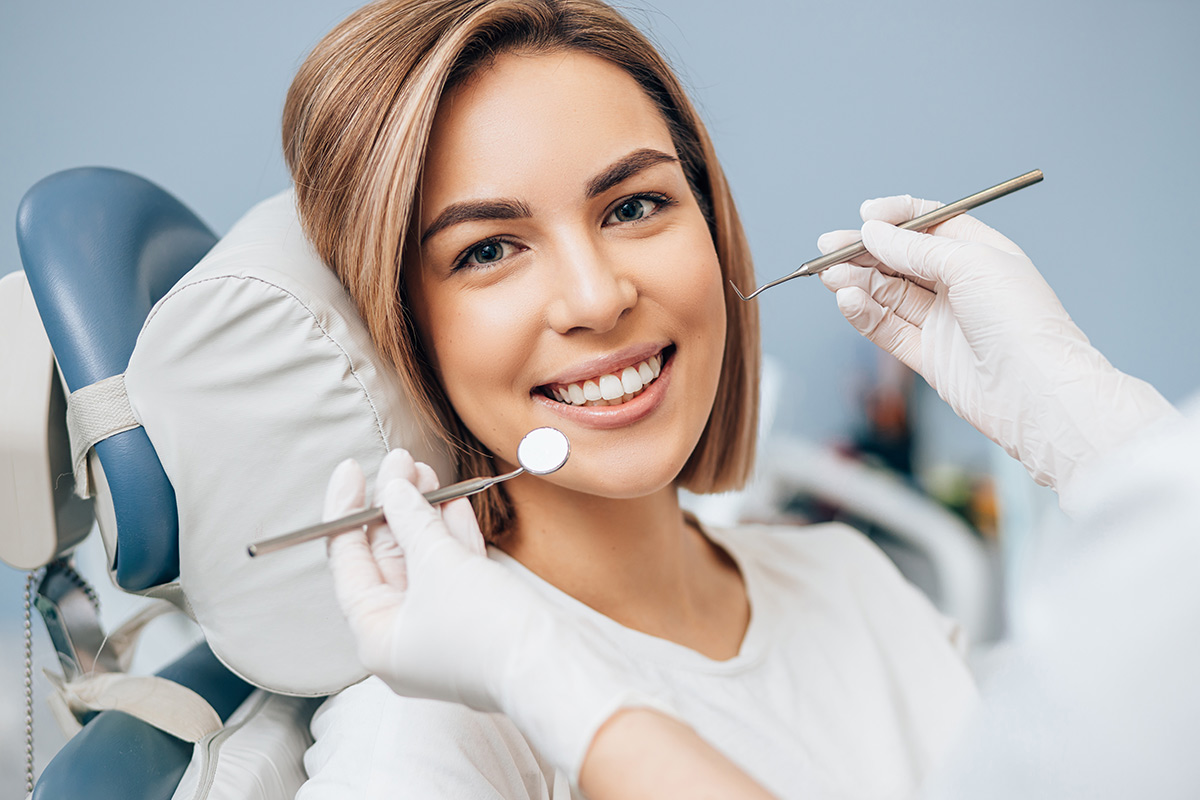
Dental exams are often called comprehensive dental exams, oral exams, or dental checkups. The purpose of the exam is to check the mouth for any ailments and oral health issues that may be causing damage that would be otherwise preventable.
At a dental exam, the dental hygienist and dentist will look at your oral situation and lifestyle habits to decide if your oral health is in good shape. It is not possible to perform these exams at a regular doctor visit because a dentist specializes in the jaw, teeth, gums and gum line, and soft tissues in the mouth. Dental hygienists clean teeth and educate patients on proper oral hygiene. Hygienists can detect problems that can be easily fixed with professional cleanings and inform dentists of any severe issues they find during a dental exam.
Dentists recommend visiting a dental office twice yearly for dental exams and professional teeth cleanings. Your dentist will determine the most appropriate timeline based on your current dental health. Considering it is a preventative measure, it is always better to come more often every six months to avoid any problems. You and your dentist can still work out a schedule that is most appropriate for your oral health.
With a routine dental plan, you will be better prepared to prevent any significant problems. Cavities, gum disease, and oral cancer are just a few of the things that are commonly checked during an exam. A regular dental routine may put you one step closer to detecting oral cancer sooner, which affects over 400,000 people worldwide.
Maintaining routine dental exams with your dentist will ensure you know what is happening to your gums, teeth, and jaws. Having a dental exam can help you avoid dental health issues that can plague you for life if not addressed promptly – in addition, understanding what a dental exam is can help you understand its function and what it can do for you in the long run.
Why Do I Need A Dental Exam?
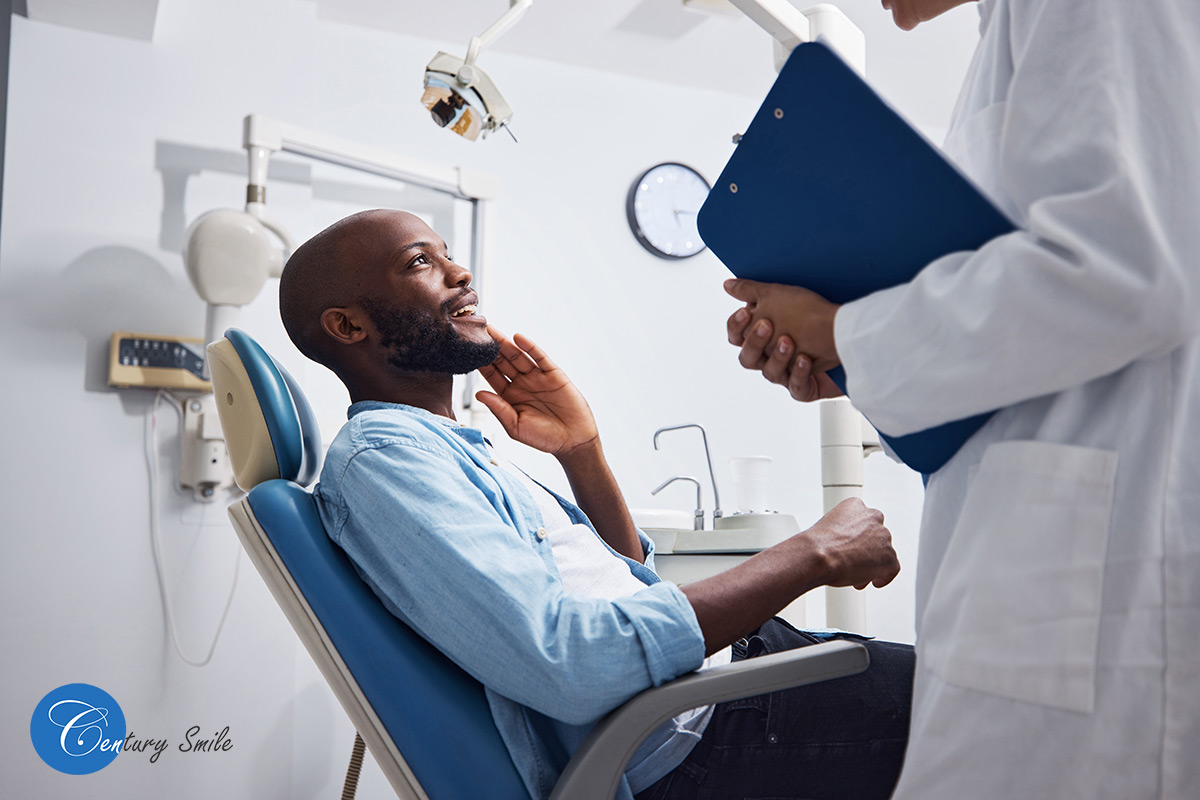
The health of your teeth is vital to your overall well-being. Therefore, you should keep a regular check on your dental health. When not taken care of properly, your oral health can quickly deteriorate.
Dental exams catch oral health problems in their early stages or before they occur. In a dental exam, your dentist looks for signs of tooth decay that can lead to cavities, root canals, gingivitis, or gum disease that can develop into permanent periodontitis, oral cancers, and more.
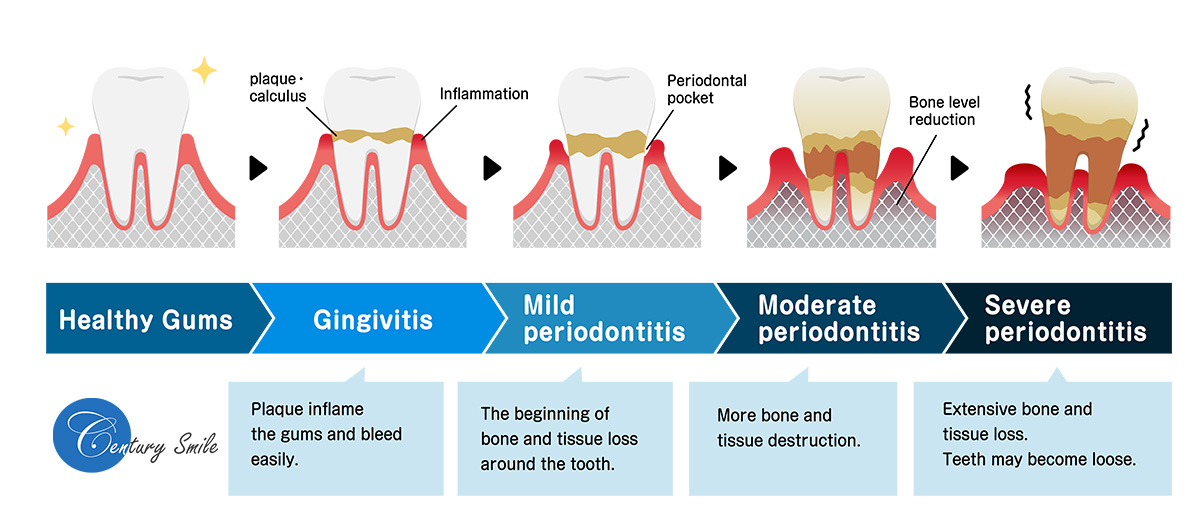
Dental exams are generally performed yearly to twice yearly, depending on oral health. However, a dental checkup is widely accepted as a preventative health measure for adults and children twice a year to prevent oral health issues. In particular, dental health issues can become apparent fairly quickly if you lack proper at-home oral hygiene routines. For example, if you are experiencing gingivitis (gum disease) symptoms such as bleeding or swollen gums, your dentist may recommend a checkup three to four times a year instead of one to two times annually.
If detected early, you can reverse gingivitis and early gum disease. However, when left untreated, gingivitis becomes periodontitis, a chronic, severe form of gum disease that may result in increased inflammation, infection, and tooth loss.
Newborns don’t need a dental exam until they have their first tooth. Nevertheless, once their first tooth appears, they should be seen by a dentist within six months or by their first birthday at the latest.
You and your dentist can better monitor your baby’s dental growth if you start their dental routine early. Doing this will eliminate any oral health issues that may become more difficult to fix later on, or any possible gum, bone, or dental problems caused by incorrectly developing teeth.
A dental examination is simply preventative care. However, your dentist may recommend a dental exam for various reasons, not always because you need to get something done but to monitor your dental health.
How Much Does A Dental Exam Cost?
On average, a regular dental exam will cost between $55 and $250. The price will rise if additional services are needed, such as x-rays or a dental cleaning. Your dental insurance usually covers your dental exams, x-rays, and teeth cleanings, so you won’t have to pay anything out of pocket. This is often limited to two yearly dental examinations and two regular cleanings. Inquire about your dentist’s insurance acceptance. Even if your insurance does not cover a routine oral examination, you will spend less money on preventative care than if you wait until a problem arises.
You can suffer severe consequences if your oral health isn’t a priority, whether with regular dental exams or at-home oral hygiene. Neglecting dental health can lead to many dental problems. These can be anything from tooth decay to gum disease and so much more. Each of these ailments will eventually worsen.
For example, when a tooth decays, it becomes a cavity, which may require a root canal, dental filling, or crown. Gum disease can develop into periodontitis, a lifelong dental problem requiring ongoing management or tooth loss. And these are only a few issues that poor dental health and lack of routine exams could cause.
In addition, dental health is directly related to a number of aspects of your overall health. Among many things, gum disease and periodontitis are linked to diabetes, cardiovascular disease, arthritis, and much more because of their infection rate and inflammatory properties. Therefore, the cost of a dental exam ultimately outweighs the cost of dental treatments and possible future physical ailments.
Talk to your dentist about the cost of routine dental exams and whether your insurance will cover them.
What Purposes Does A Dental Exam Serve?
A dental exam is used as a measure of preventative care to maintain the health and well-being of your oral health and the rest of your body. It is understood that you should do a routine dental exam 1 to 2 times a year on average, and while this may seem like a lot, it is imperative.
Dental exams serve several purposes, including:
1. Educate you about oral hygiene

A dental exam is used as a measure of preventative care to maintain the health and well-being of your oral health and the rest of your body. It is understood that you should do a routine dental exam once or twice a year on average, and while this may seem like a lot, it is imperative.
Dental exams serve several purposes, including:
During a dental exam, the dentist inspects what’s going on and asks numerous questions to understand your daily dental routine better. The care you receive at the dentist’s office does not end when you leave. In many cases, people do not follow proper dental hygiene protocol, which is why a licensed dental hygienist will always go through the steps and educate you on how to maintain good oral hygiene:
- Twice a day, brush your teeth for two minutes
- Make sure you floss once a day, usually after eating in the evening
- Keep your mouth and teeth clean by using mouthwash daily.
- Avoid sugary and acidic foods as much as possible
2. Examine your teeth for cavities, gum disease, and other dental problems
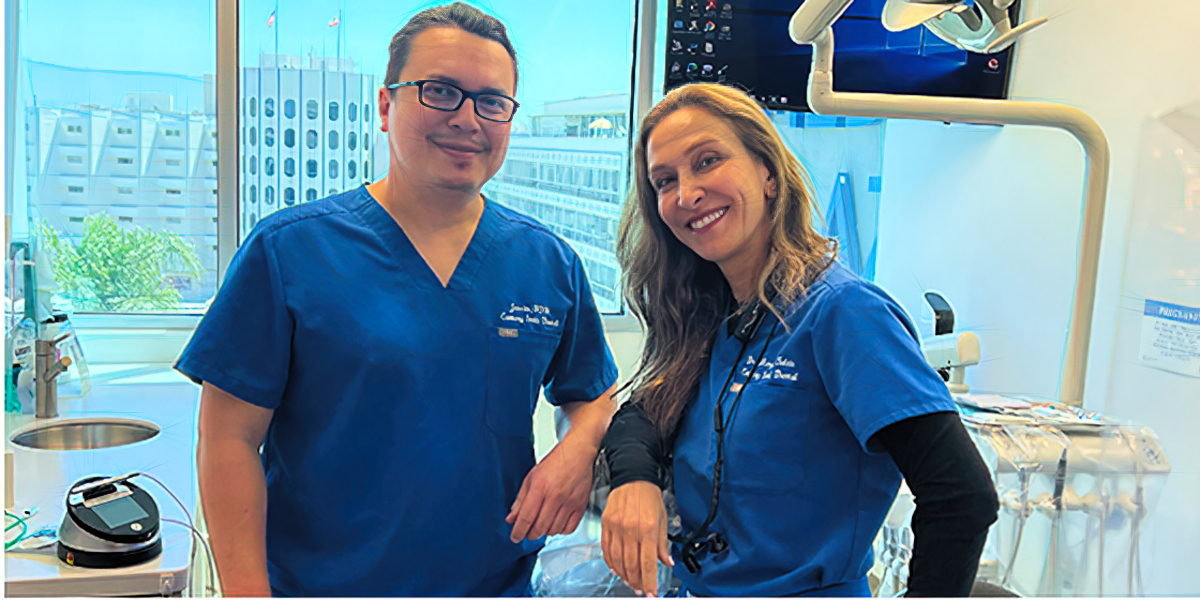
A dentist can detect any early signs of gum disease and tooth decay after examining the mouth, performing routine dental cleanings, and possibly taking x-rays.
Most dental problems can be attributed to gum disease and tooth decay. Without timely treatment, tooth decay can lead to cavities, root canals, tooth extractions, crowns, etc. As long as gum disease is caught early enough and treated appropriately, you can reverse it. Still, if left untreated for too long, it can develop into severe gum disease or periodontitis and become a permanent problem.
Suppose these conditions are detected and corrected during regular dental checkups. In that case, they will be less likely to lead to unwanted dental issues such as dental implants, dentures, All On 4 dental implants, gum grafting, and other similar procedures.
3. Screen for Oral Cancer
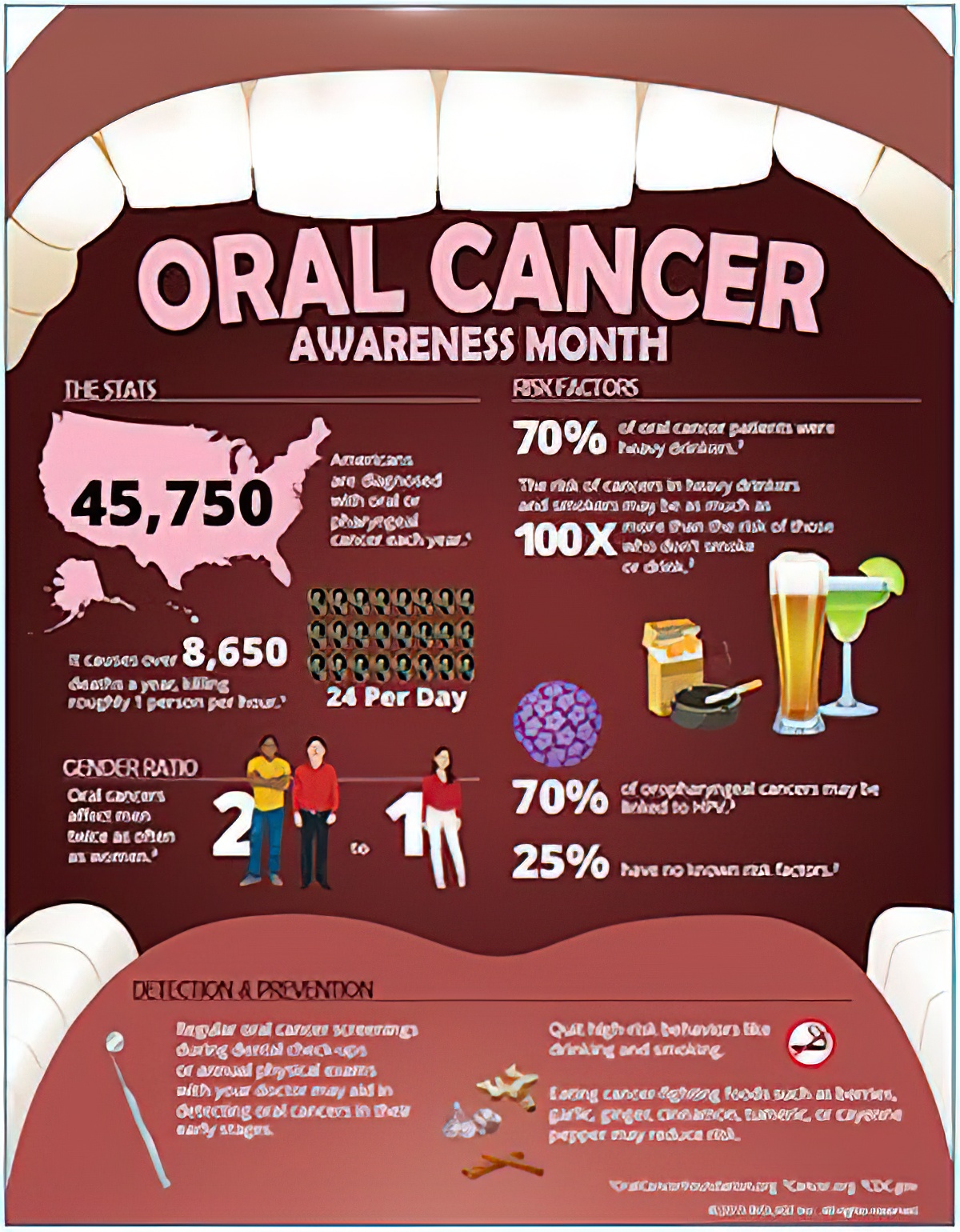
Most oral cancers are not screened for unless you have a dental examination. Consider the scenario where your dentist believes there may be a chance of oral cancer.
In that case, they will refer you to a primary care physician or specialist who will perform further testing, diagnoses, and treatments. Because of the increase in oral cancer cases, most dentists now offer oral screenings. Dental screenings are simple, with the dentist looking for color or texture changes in soft tissue.
4. It will in the long run save you money
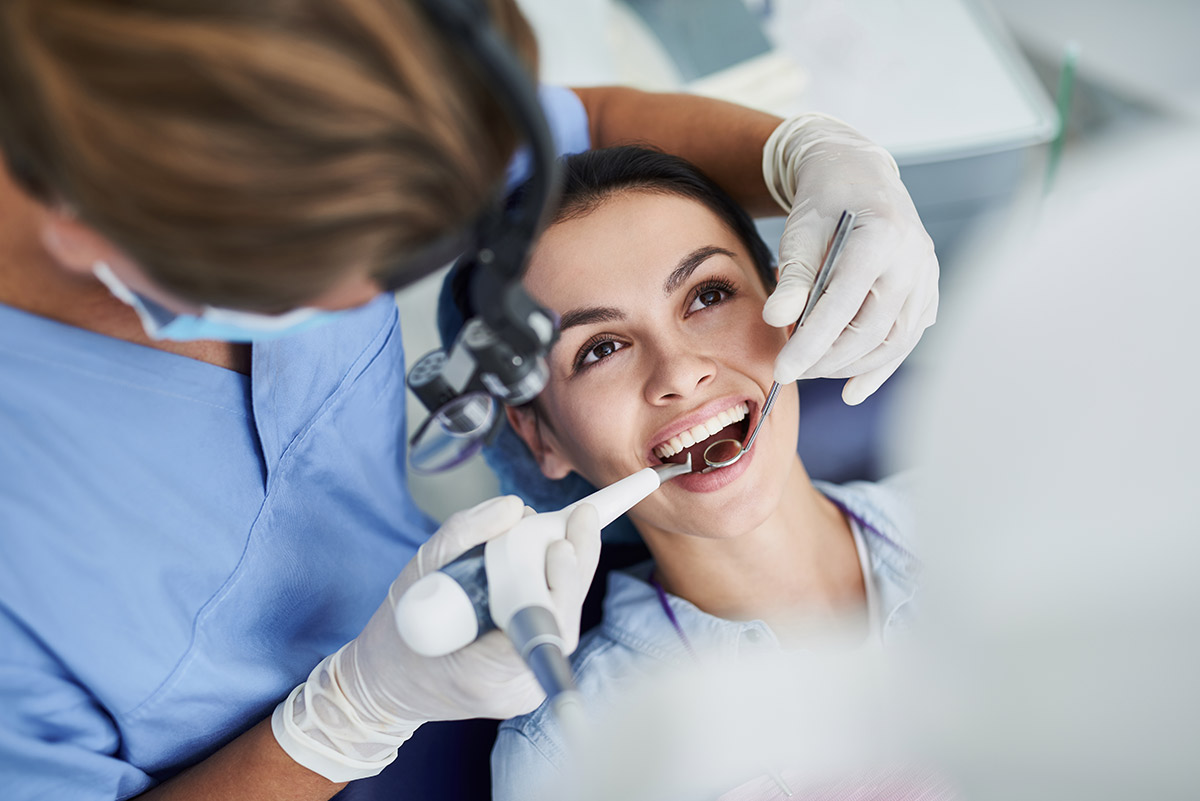
Most oral cancers are not screened for unless you have a dental examination. Consider the scenario where your dentist believes there may be a chance of oral cancer.
In that case, they will refer you to a primary care physician or specialist who will perform further testing, diagnoses, and treatments. Because of the increase in oral cancer cases, most dentists now offer oral screenings. Dental screenings are simple, with the dentist looking for color or texture changes in soft tissue.
How Long Does A Dental Exam Take?
Several factors determine how long a dental exam will take:
- Whether this is a New Patient Appointment or routine checkup with an existing patient
- The condition that the patient’s mouth is currently in
- If there are any other treatments that the dentist recommends be performed at the appointment
A New Patient Exam can be anywhere from 20 minutes to 60 minutes, depending on how much information the patient provides, how quickly it can be charted for the dentist to see, and how quickly the hygienist can assess the mouth before the dentist makes any final recommendations.
If it is a routine 6-month appointment being conducted, then they won’t usually take longer than 20 minutes unless the dentist notices a massive change in the patient’s oral health since the last appointment 6-months prior.
Regardless, a dental exam will often include the assessment, a cleaning done by the hygienist, an x-ray if necessary, and a final check of the mouth by the dentist followed by any Q&A. Your dentist appointments will take less time if you visit more often.





Give Us A Call At 310.836.6161 Or Request An Appointment Online





